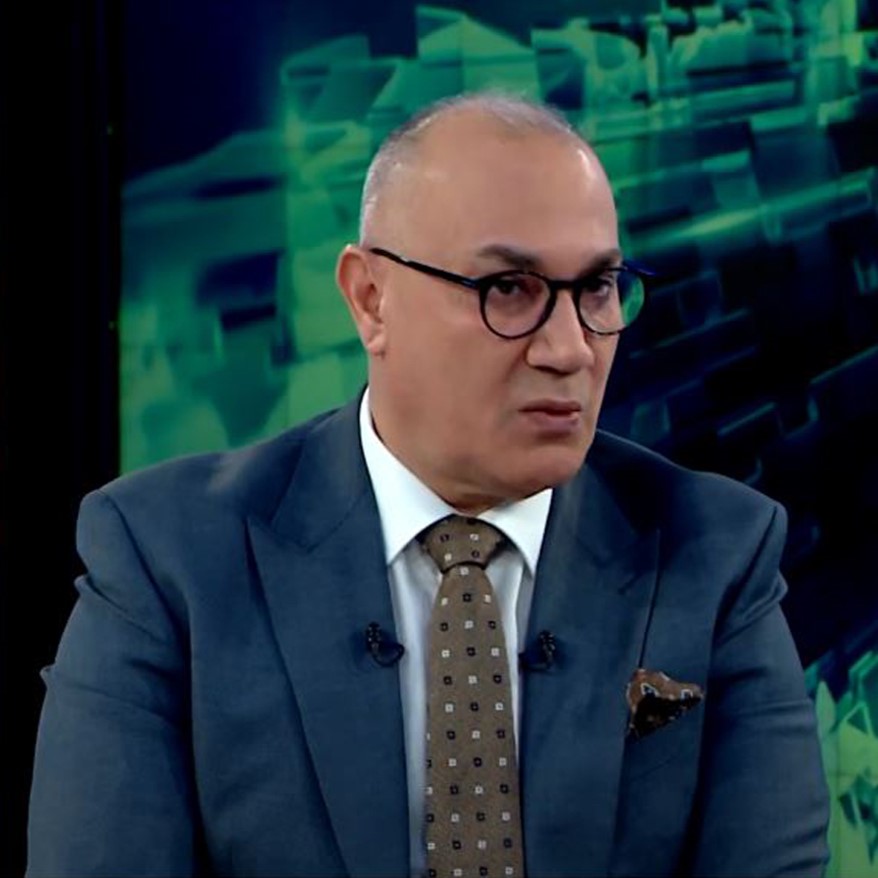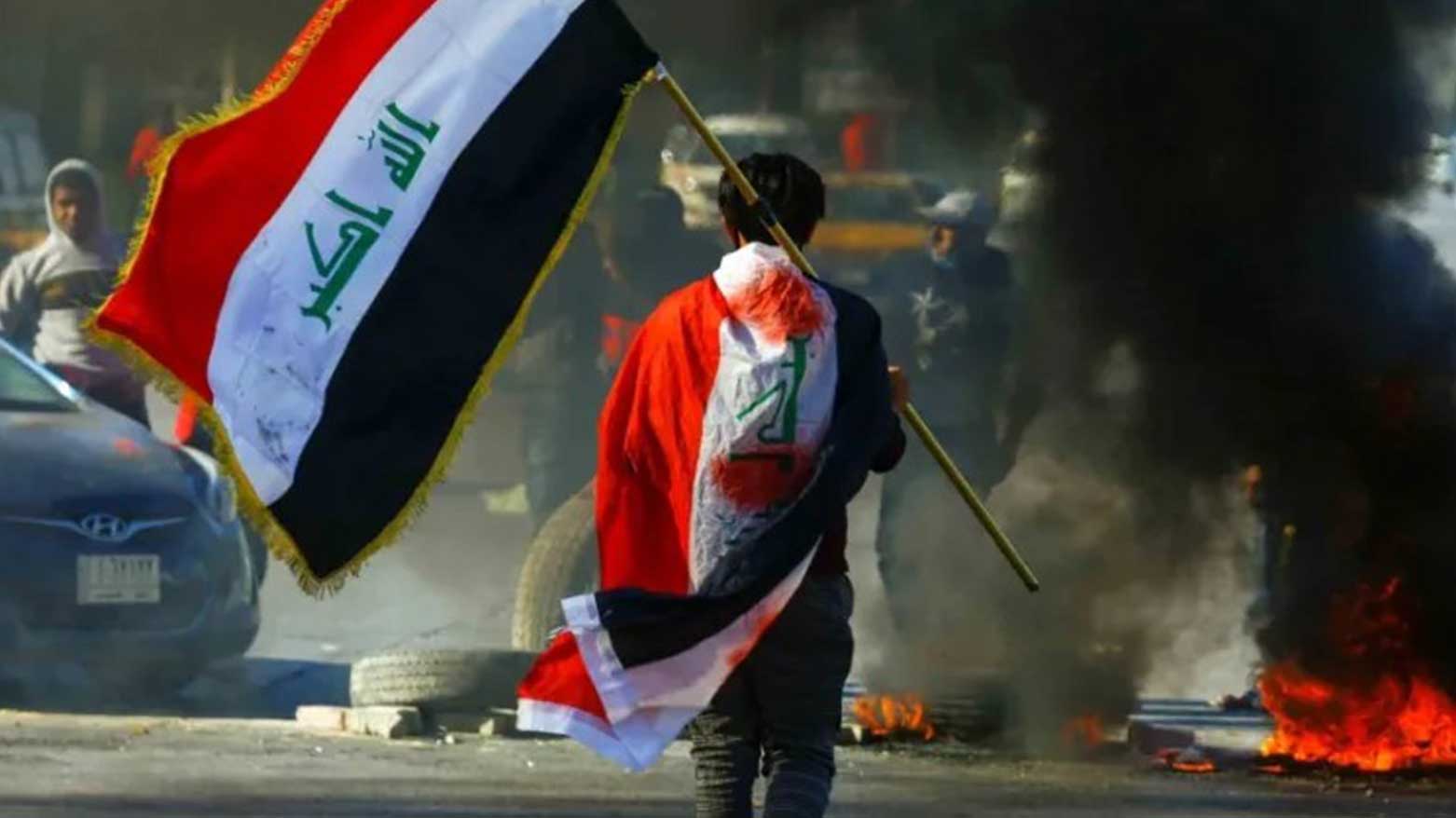
Mohammed Ihsan
Writer
Two Decades Later: Who Owns Iraqi Democracy?
What was once an American-led experiment in democratic nation-building has evolved into something far more complex: a system captured by sectarian interests, marred by corruption, and heavily influenced by Iran.

When U.S. tanks rolled into Baghdad in 2003, they brought with them not only the end of Saddam Hussein’s brutal regime but a bold promise: democracy, freedom, and a new beginning for Iraq. For the Bush administration, the toppling of Saddam was the cornerstone of a wider vision to reshape the Middle East to replace dictatorship with democratic governance and repression with liberty. Iraq was meant to become a model, the first domino in a new regional order.
For many Iraqis, that moment brought cautious hope. After decades of war, sanctions, and authoritarian rule, the idea of free elections, a new constitution, and the right to speak without fear was powerful.
The dream of self-rule seemed within reach. Yet two decades later, Iraq’s democracy, while real in form, is fragile in substance. What was once an American-led experiment in democratic nation-building has evolved into something far more complex: a system captured by sectarian interests, marred by corruption, and heavily influenced by Iran.
The American Vision and Its Early Miscalculations:
The U.S. vision for post-Saddam Iraq was ambitious, but deeply flawed in execution. Under the Coalition Provisional Authority (CPA), sweeping decisions like de-Ba’athification and the disbandment of the Iraqi army gutted the state’s infrastructure and alienated hundreds of thousands of Iraqis, many of them simply professionals, not ideologues.
This created a massive power vacuum and left a traumatized society without functioning institutions.
In the absence of a cohesive national identity, sectarian and ethnic identities rushed in to fill the void. The democratic process was introduced quickly, but without strong institutions, it became a numbers game dominated by sect-based political blocs.
Instead of nurturing a pluralistic political culture, early elections reinforced communal divisions and created a new ruling elite more interested in patronage than reform.
The Rise of Sectarian Rule and Iran’s Influence:
Among the biggest beneficiaries of this new order were Iraq’s Shia Islamist parties, many of whom had spent years in exile, particularly in Iran. Iran’s longstanding ties with these groups gave it a strategic advantage.
Tehran provided funding, sanctuary, training, and political backing to parties like the Islamic Dawa Party, the Badr Organization, and later, the Popular Mobilization Forces (PMF), a network of Shia militias that gained enormous influence after the fight against ISIS.
These groups have since become kingmakers in Iraqi politics. Iran doesn’t rule Iraq outright, but it wields immense influence through proxy parties and armed factions that operate both inside and outside the state. Ministries, contracts, border crossings, and security forces, all have, in one way or another, been touched by Iran’s political influence.
The state, meanwhile, has become both bloated and hollow, bloated with layers of patronage networks and redundant positions, yet hollow in its ability to provide real services or security to its citizens. Corruption is rampant, youth unemployment is high, and the promise of democracy has for many become a bitter memory.
The People Push Back:
Despite this bleak reality, Iraqis have not been passive. In October 2019, the Tishreen (October) protest movement erupted across Baghdad and southern Iraq. Tens of thousands of mostly young Iraqis took to the streets, demanding jobs, basic services, an end to sectarian politics, and crucially, an end to foreign influence, including from both the U.S. and Iran.
The state’s response was brutal. Security forces and militia snipers killed over 600 protesters and wounded thousands more. Activists were hunted, kidnapped, or assassinated.
Yet the message was clear: Iraq’s youth were no longer willing to accept a political system that served everyone but them.
Though the protests were ultimately suppressed, they sparked a national reckoning. They showed that the desire for sovereignty, dignity, and true democracy is still alive in Iraq, even if it is under siege.
Elections Without Empowerment:
Iraq continues to hold regular elections, but turnout is falling, and faith in the process is eroding. Many Iraqis view politics as a closed club dominated by a cartel of corrupt elites. In the most recent elections, some independent candidates did break through, a sign of growing public frustration, but they remain outnumbered and under pressure.
Intra-Shia political rivalries, especially between groups like those loyal to Muqtada al-Sadr and Iran-backed factions, have further paralyzed governance. While these divisions sometimes limit Iran’s full control, they also weaken the state and distract from urgently needed reforms.
Today, Iraqi democracy exists in name, but it is heavily distorted in practice. Political competition is not over ideas or policy but over access to state resources.
The line between state and militia is blurred. The will of the people is often sidelined by armed actors and foreign agendas.
Conclusion: Can Iraq Still Reclaim Its Democracy?:
Two decades after the fall of Saddam’s regime, Iraq finds itself at a crossroads. The American vision of a flourishing democracy has long faded, replaced by a fragmented system dominated by sectarianism, foreign influence, and political dysfunction.
But the failure lies not in the concept of democracy itself, but in how it was imposed, manipulated, and left to decay without accountability.
Still, the story is not over. Iraq’s youth, civil society, independent media, and reform-minded figures continue to fight for change. The road ahead is uncertain and dangerous, but the desire for sovereignty and dignity runs deep.
Reclaiming Iraq’s democracy will require dismantling the corrupt networks that have hijacked the state, resisting foreign domination, and most of all, listening to the Iraqi people themselves.
Democracy was not wrong for Iraq. What was wrong was believing it could be delivered from the outside, without roots, without trust, and without justice. The future of Iraqi democracy now rests not in the hands of foreign embassies or armed proxies, but in the will of a people who, after everything, still demand a country of their own.